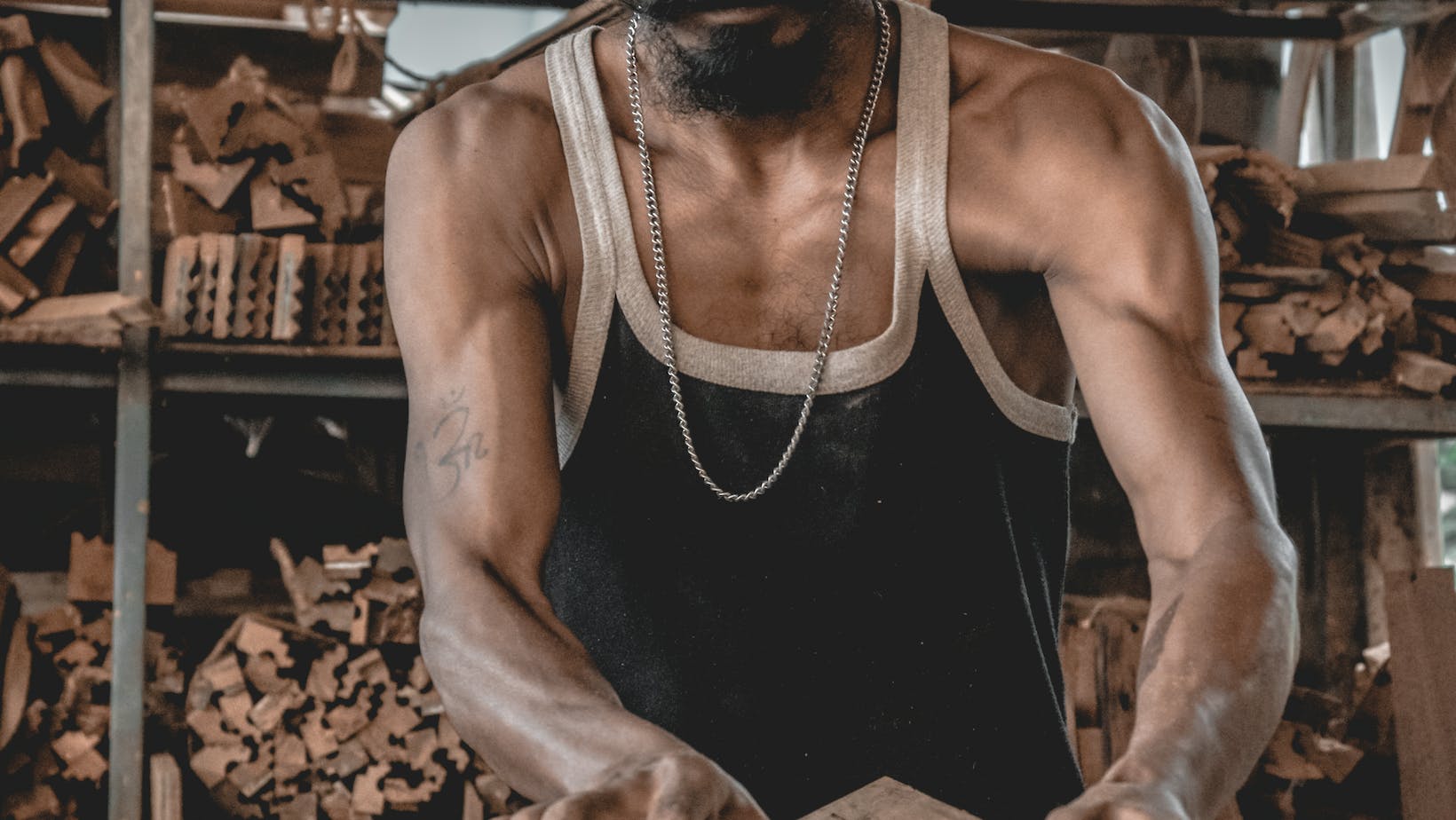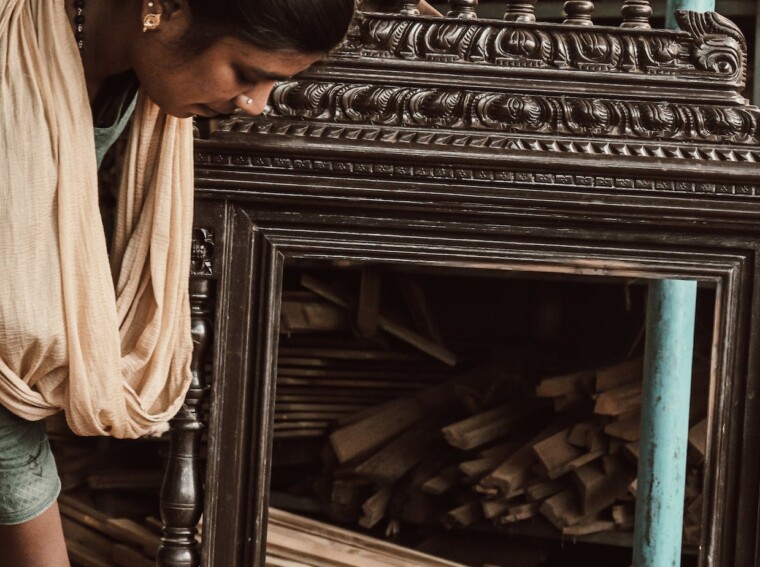Artisan Republicanism
Artisan republicanism is a concept that has been gaining traction in recent years. It’s a political ideology that combines the principles of direct democracy and local self-government with an emphasis on craftsmanship and community. The idea revolves around the belief that artisans, with their skills and creativity, can play a significant role in shaping society and politics.
As I delve deeper into this intriguing subject, I’ll explore how artisan republicanism challenges traditional political structures. How it advocates for stronger local economies, greater civic participation, and an enriched sense of community. Localism, community involvement, and craftsmanship are at the heart of artisan republicanism.
This political philosophy isn’t just about politics; it’s also about lifestyle choices. Advocates of artisan republicanism believe in supporting small businesses and locally-made products over mass-produced goods from large corporations. They value the quality, uniqueness, and sustainability that comes from artisans’ handcrafted work – seeing it as a reflection of the community’s spirit itself.
What is Artisan Republicanism?
Let’s dive right in and unravel the concept of artisan republicanism. It’s essentially a political philosophy that emerged during the early 19th century, emphasizing the role of labor and artisans in society. This school of thought considers craftsmen as vital contributors to a republican society.
Artisan republicanism promotes economic independence and social equality among working people. The movement came into prominence with an increasing number of skilled workers who began to see themselves as critical actors in American democracy. They believed that their craft skills gave them a certain level of autonomy, which was a key component in participating actively within a democratic society.
This ideology also played out against the backdrop of America’s rapid industrialization period. Those who subscribed to artisan republicanism saw threats from emerging factory systems which they felt undermined individual craftsmanship and personal freedom.
Some defining features typically associated with artisan republicanism include:
- Emphasis on labor rights
- Promotion of equal opportunities
- Advocacy for economic independence
To better understand this ideology, it’s helpful to look at some significant figures who championed these ideas. For instance, Thomas Jefferson was known for his belief that America should be a nation dominated by independent farmers and skilled laborers rather than large scale industries.

Here are some key dates related to artisan republicanism:
| Year | Event |
| Early 1800s | Emergence of artisan republicanism |
| Mid 1800s | Peak popularity amidst growing industrialization |
In essence, artisan republicanism underscores the value inherent in each person’s work – be it manual or intellectual – asserting that every job contributes uniquely to societal progress.
The Origins of Artisan Republicanism
Let’s dive right into the genesis of artisan republicanism. It all started in the late 18th century, a time when America was still finding its footing as a new nation post-Revolutionary War. This political ideology emerged from the working class, specifically the skilled laborers and craftsmen who formed the backbone of the young American economy.
These artisans, or master craftsmen, held a unique place in society. They weren’t just workers; they were small business owners who took pride in their craftmanship and saw themselves as key contributors to America’s growth and prosperity. As such, they believed strongly in self-sufficiency and economic independence.
In summing up my thoughts on artisan republicanism: it promotes quality over quantity, fosters community ties and defends workers’ rights—all critical aspects for any society striving towards sustainability and equality for all its members.
